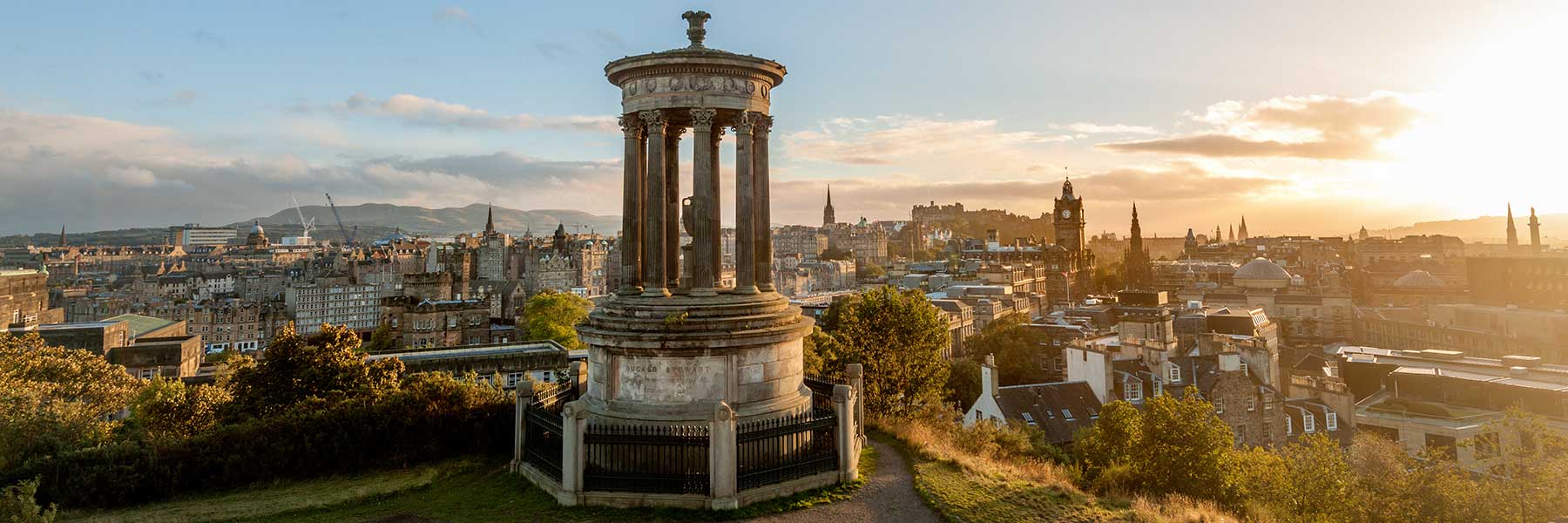Anyone with a visa valid for more than six months is entitled to use the NHS, though a surcharge must be paid to access it. Thereafter, expats have the same healthcare benefits as citizens. This includes GP consultations, hospital visits, emergency treatment and prescribed medication at no cost. Some medical care under the NHS isn’t completely free but is subsidised.
To receive specialist treatment, patients need to see their local GP first for a referral. Waiting times for specialist appointments for non-emergency care or elective surgery can be long.
Private health insurance in Scotland is mainly used to cover dental or voluntary cosmetic procedures. However, it is also useful for skipping long waiting periods.


